Reinvigorating local radio with Jenny Hunt and Holly Darton, founders of Radio Local
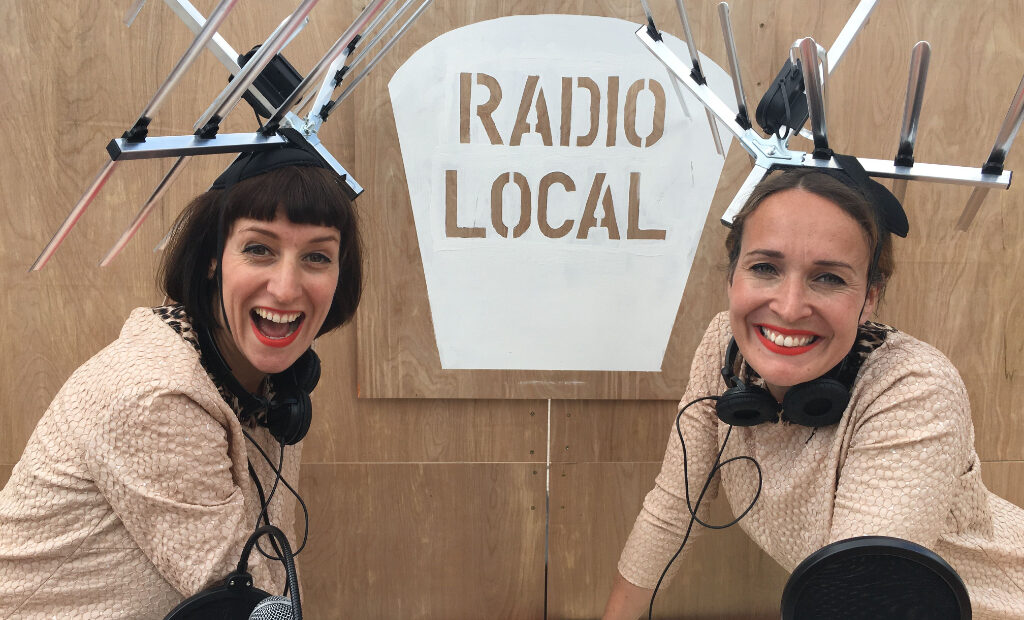
Radio Local is a new, independent radio show hosted by Jenny Hunt and Holly Darton. With a large focus on local communities, a diverse programme and their exciting use of technology, they represent an innovative way to give a voice to people from all walks of life. They are hosting a two-day special in Mitcham to celebrate the joy and the necessity of local radio and community. Jenny Hunt and Holly Darton have granted us an exclusive interview.
Hi, thank you for your time. What is Radio Local all about?
From the charmingly mundane to the extraordinary and the borderline ridiculous, Radio Local is a celebration of local radio and community. Broadcasting over community radio, we are building a show with local people over the phone, via Zoom workshops and online local networks about the weird and wonderful places they live in and, more aptly for now, how they are living.
How and when did you get the idea for Radio Local?
Around four years ago off the back of touring the country with our pop-up installation Hunt & Darton Cafe. Locals had so much to say and we really wanted to elevate their voices. Back in October 2018, Ofcom changed the local guidelines and a certain amount of local radio time was cut, which meant these public voices were getting lost. It also gave us the opportunity for co-hosting, a chance to show off as a duo and radio seemed to be the best medium for that as it is a recognisable and playful format. The idea of Radio Local made sense for all those reasons
Can you give us some insight into the types of features that are hosted on Radio Local?
While we have the usual news, local traffic reports and weather, we also have some unique features. We have “Local Legends” every hour, an interview with an unsung hero who can choose their own track for us to play – quite “Desert Island Discs” vibes. We also have “Jingle Making”, where we invite the public to make the show’s jingles online or in the show using percussion instruments. A nice feature is “The Family”, where we ask families in advance to record their mealtimes and air the wholesome experience. We like to do food reviews of local restaurants and takeaways that will feature in the upcoming show. We have “Back to business”, where we ask local businesses in Mitcham about how Covid-19 has affected them, how they’re finding reopening and what they’re doing now. We have a workshop with the Iceland team in Mitcham who will have a five-minute “take over” opportunity to act as the radio presenters, having a go at the live news report readings and jingles.
What’s the focus of the two-day special in Mitcham?
It’s a focus on location really, sharing the local voice of what is happening in Mitcham right now in the aftermath of Covid-19. We ask young people about not being at school, business owners about reopening etc. It’s about shining a light on Mitcham and creating a positive sense of community.
How did you get the idea for the special?
We had a couple of shows booked in Norfolk and Norwich in May, as well as the Cultural Mile in June, which we digitalised instead and used Zoom for interaction, so we’ve been touring the show digitally all year and we were invited to do it in Mitcham by Merton Council.
How did you initially become radio producers?
We toured the UK with our pop-up cafe and interactive art installation, Hunt & Darton Cafe for five years between 2014-2018. During this time, we popped up on the high streets of many local UK towns, weaving ourselves into the fabric of the place, getting to know the locals, making new friends, taking on local politics and providing a space in which people can meet and play. It’s from this experience that we became interested in elevating and celebrating local voices. In radio, there’s time and space like no other medium. It takes you across a spectrum of emotion jumping from hard stories to co-hosting antics or from humble gardening shows to war-torn countries, from opera to grime and sometimes even without changing the station.
Has Covid-19 had an impact on the way you organise Radio Local?
Yes, definitely. Normally we host it as a live show on a high street or town square and get the public involved. More recently we’ve been delivering the shows entirely online and over the radio. We created a hybrid version for our show in Mitcham because Merton Council really wanted a presence for the community. It’s half live, with some interaction with people, but it’s also half digital from Gino’s restaurant, enclosed out the front in hedged seating while being broadcast on Riverside Radio. We’ve had a local ambassador do some of the groundwork with the public, collecting audio from people on the street.
What are some of the main differences between hosting a radio show and other media (TV, internet podcasts/video streams etc.)?
We believe radio has time and space for everyone. It works for the introverts and the extroverts. We have interacted with local introverted people and they have come alive on the radio. It is great how it can cut through differences such as class and age. It can also be a backing track to life, reaching anyone that’s doing anything. Listeners could be cleaning their house, constructing on a building site or listening from a campsite. It encompasses everything and it can be hard-hitting, humorous and anything in between; it’s so abstract, which appeals to performers like us greatly.
Do you think Covid-19 has changed our engagement with radio shows? Are there more or fewer listeners than before?
More listeners I would say, and certainly more engagement. I read an article recently showing statistics about amateur radio and how home radio license applications have increased during Covid-19. Homemade radio from garden sheds is on the rise, and it’s almost been a kind of superpower as it could carry on through the pandemic.
How do you think radio consumption will change in the future?
I think they’ll be more DIY broadcasting, which would help fight against the centralisation of radio, but it is hard to predict. It is very necessary, and we hope it continues to grow in popularity to help fill the gap between local voice and global information.
Given the growth of new, alternative media (mainly via the Internet), what steps are you taking to ensure Radio Local is a modern show suitable for a contemporary audience?
Radio Local is completely built by people and it is responsive to what is happening in people’s lives right now as a social commentary. It is embedded in technology through Zoom and social media that have been imperative for our show during lockdown. We feature a diverse range of guests of all ages and ensure the programme is representing all cultures.
Thank you so much for your time!
Michael Higgs
For further information about Radio Local visit their website here.
Listen to a sample from Radio Local here.

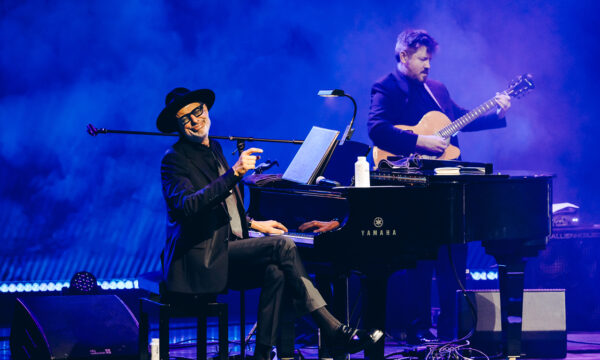
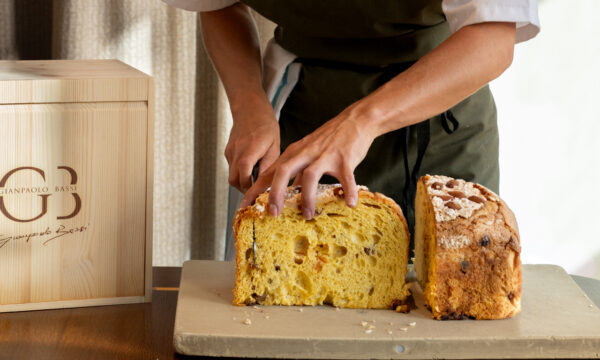
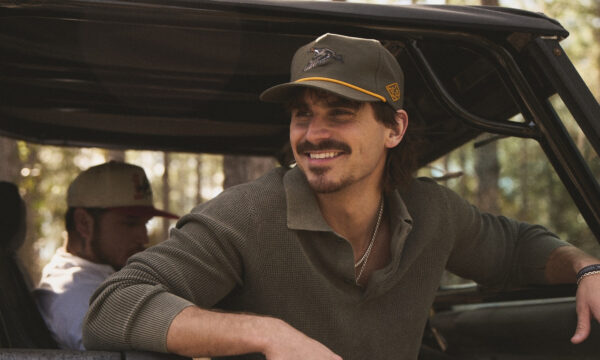
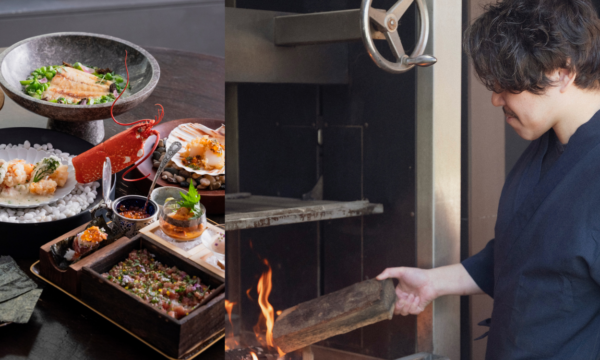



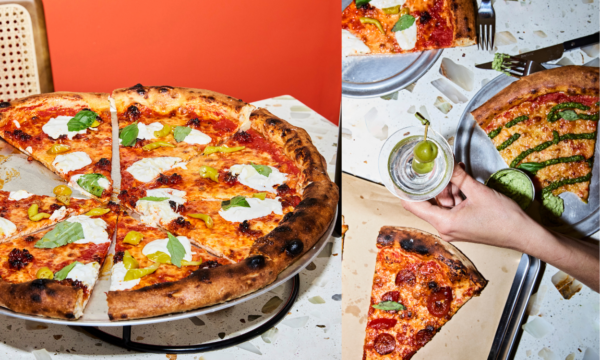














Facebook
Twitter
Instagram
YouTube
RSS